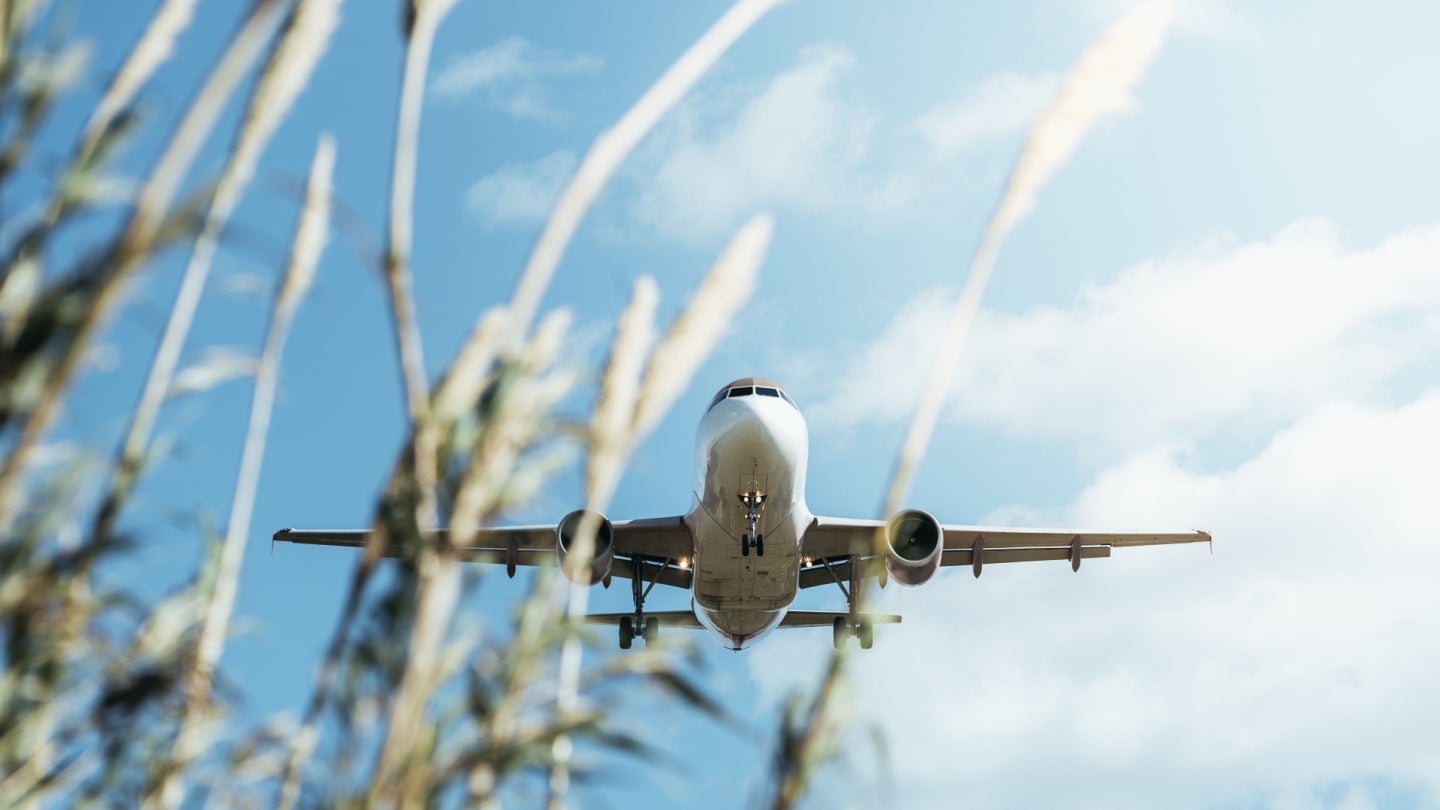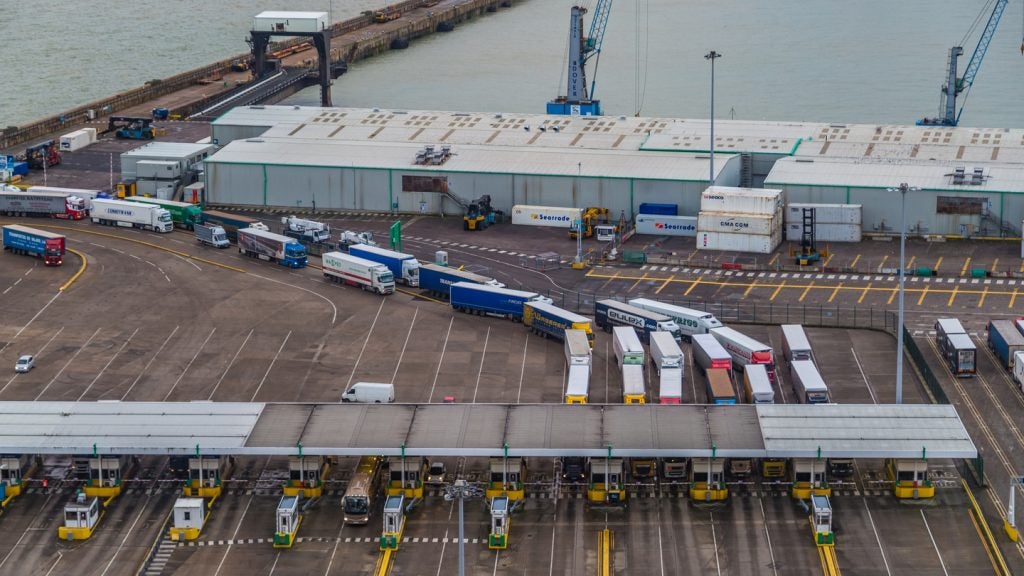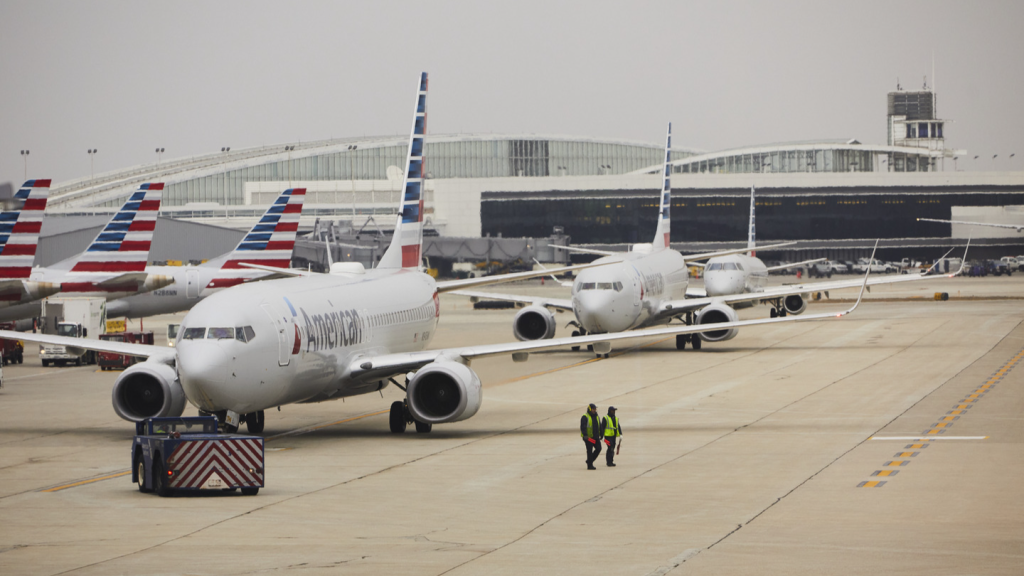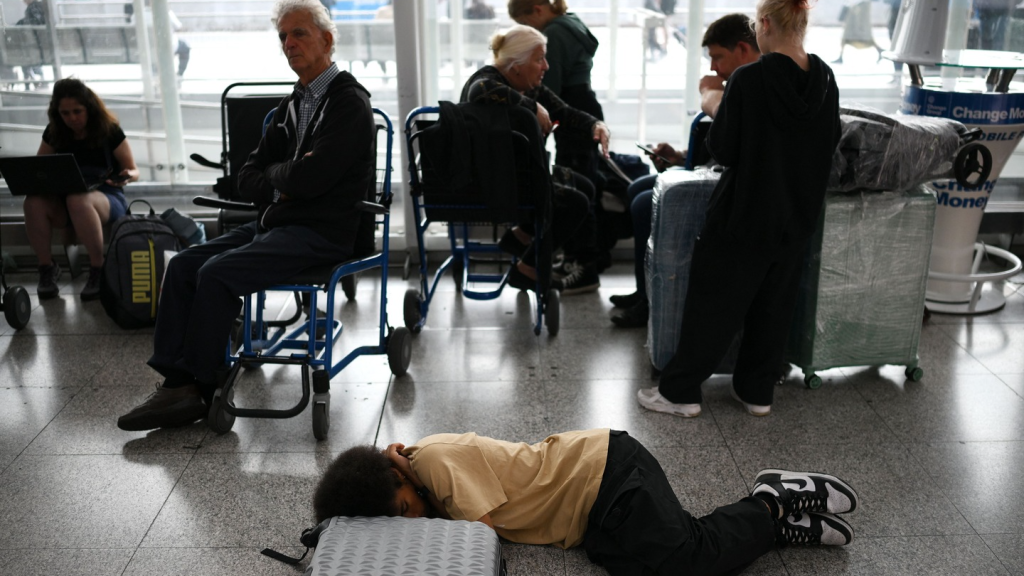
The UK and US will be meeting to discuss Sustainable Aviation Fuels (SAF) and reducing emissions in the aviation industry during an investment summit in Detroit.
Transport secretary Mark Harper has travelled to the city to meet with his US counterpart, secretary of transportation Pete Buttigieg and industry representatives for the SAF Investment Summit.
Harper described the trip as a “crucial part” of the work to reduce aviation emissions, saying: “We’ve never been more aligned with the USA on the future of aviation and what that entails – whether it’s boosting jobs, opening new trade opportunities or delivering guilt-free air travel.”
Representatives from Canada and Singapore will also be in attendance to discuss ways to speed up the development of SAFs, which is seen as a key way for the industry to move towards net-zero emissions.
SAFs are fuels made from waste materials or by-products such as used cooking oil, that can reduce greenhouse gas emissions by up to 80% when compared to fossil fuel-based alternatives.
A ‘Jet Zero’ strategy launched by the UK government last year set a target of SAF compromising 10% of aviation fuel by 2030, though Sustainable Aviation, a UK industry alliance, called for more support from the government to help secure investment earlier this year.
The UK’s strategy also aims for net-zero emissions for the domestic aviation industry by 2040 and overall net-zero by 2050, with the government setting up funding models such as the $197.8m (£165m) Advanced Fuels Fund to aid these goals.
An action plan for the decarbonisation of the aviation industry over the next two years was also recently announced by the Jet Zero Council, including investment in first-of-their-kind SAF plants.
It is hoped by the UK government that the summit in Detroit will act as a “springboard” for industry discussions on these issues as industry-leading companies such as Boeing, United Airlines, World Energy and the International Air Transport Association will be represented.
Boeing recently showed a commitment to furthering sustainable technologies with an expansion of its ecoDemonstrator test programme which saw a commitment to use ‘Explorer’ aircraft to test specific technologies such as sustainable wall panels and the use of SAFs.






